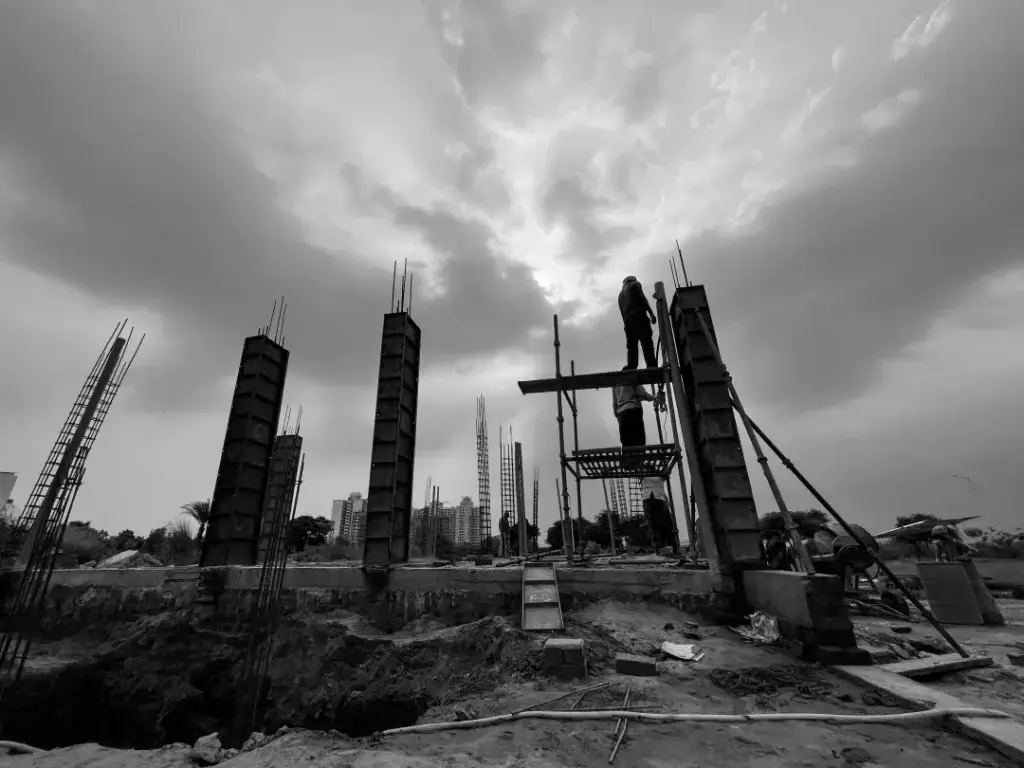April 6, 2022
Section 3.1.1 of the A201™ – 2017 General Conditions of the Contract for Construction states that “the Contractor shall be lawfully licensed, if required in the jurisdiction where the Project is located.”
While the contract puts the obligation on the Contractor to satisfy the licensure requirements of the jurisdiction, an Owner understanding whether state or local law requires a Contractor to be licensed and legally able to perform work where your Project is located is one of the first steps you can take toward mitigating Project risks. In some instances, a Contractor may need more than one license. After understanding what those requirements are, an Owner should also take steps to verify that the Contractor has satisfied those requirements.
This matters for many reasons, a few of which are summarized below.
First, if the Contractor is not able to legally perform work within the Project jurisdiction, this may impede the Contractor’s ability to obtain appropriate work permits and inspections necessary to comply with local building codes. Not only may this lead to faulty work, but it may also make it more difficult for an Owner to sell the building sometime in the future.
Second, if a Contractor is not legally licensed, it may be more difficult for an Owner to pursue a legal claim and recover any losses, if the Contractor performs faulty work or breaches the Contract in some other way.
Finally, a Contractor performing without proper licensure may not be able to procure the insurances required by the Contract. In the event of a claim, this may be problematic to an Owner that seeks to be made whole from damages that occur during the performance of the Contractor’s work.
Different states have different Contractor licensure requirements based on the type of work performed. Additionally, the requirements for the Contractor to legally operate may vary, depending on the type of company (e.g., limited liability company, sole proprietor, corporation, etc.). Before embarking on your next project, consider researching the Contractor licensure requirements in your jurisdiction. Then, proactively make sure any Contractor you hire for the job can fulfil those requirements before entering into a contract. This is one of the first steps an Owner can take to mitigate risk and set the Project up for success.
AIA Contract Documents has provided this article for general informational purposes only. The information provided is not legal opinion or legal advice and does not create an attorney-client relationship of any kind. This article is also not intended to provide guidance as to how project parties should interpret their specific contracts or resolve contract disputes, as those decisions will need to be made in consultation with legal counsel, insurance counsel, and other professionals, and based upon a multitude of factors.

